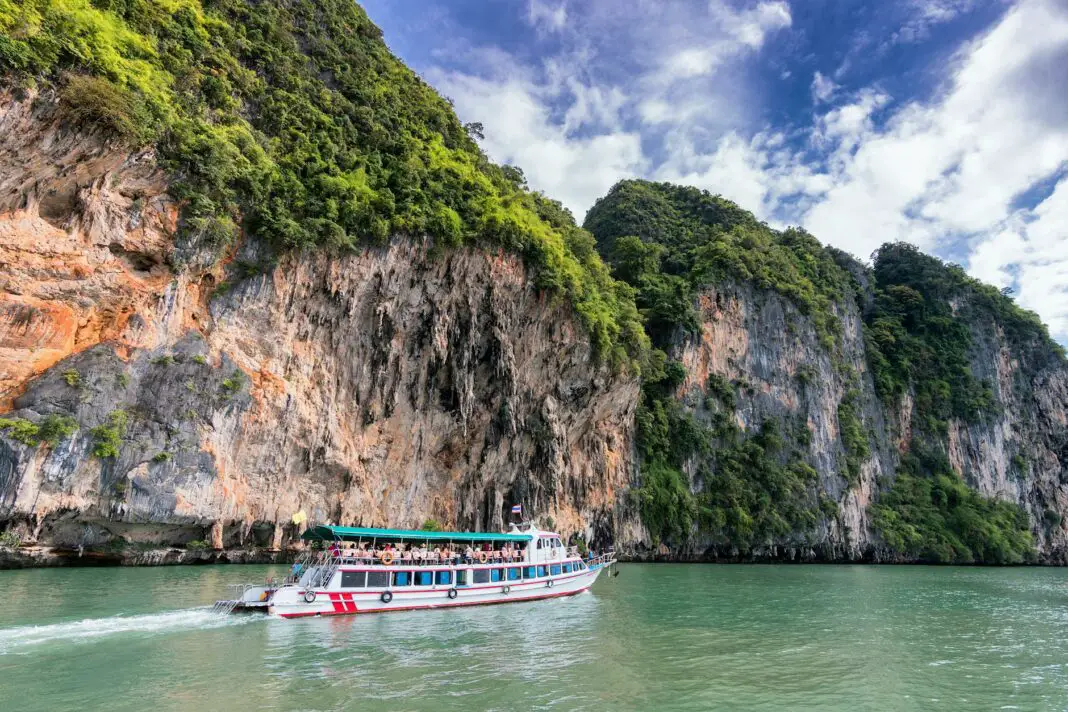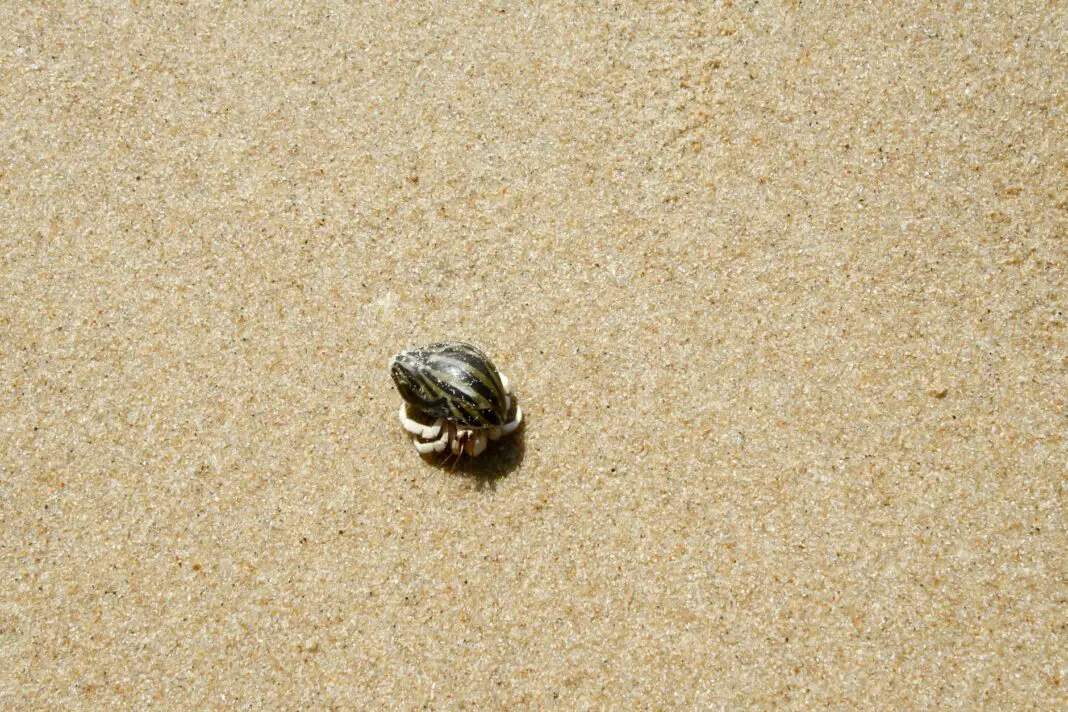Embarking on a trip to Thailand promises an unforgettable adventure filled with breathtaking landscapes, vibrant culture, and tantalizing cuisine. As travel enthusiasts explore this Southeast Asian gem, a significant yet often overlooked aspect comes to light – Thailand’s commitment to marine conservation is emerging as a potential secret to ocean revival. This blog post delves into Thailand’s environmental initiatives, the impact on marine life, and how these efforts might inspire travelers to become champions of sustainable tourism.
Join us as we uncover the intricate relationship between Thailand’s allure as a travel destination and its essential role in marine conservation. Not only will you discover the hidden treasures of vibrant coral reefs and exotic marine species, but you will also learn how your travels can contribute to preserving these beauties for future generations. From diving in clear turquoise waters to participating in conservation projects, Thailand offers experiential opportunities that leave lasting impressions on all who visit.
Table of Contents
- Understanding Thailand’s Marine Conservation Efforts
- The Richness of Thailand’s Marine Ecosystems
- How Conservation Practices Enhance Tourism
- Tips for Becoming a Sustainable Traveler in Thailand
- Inspiring Change: How Travelers Can Make a Difference
- Final Thoughts: Journey Beyond the Surface
Understanding Thailand’s Marine Conservation Efforts
Thailand’s commitment to marine conservation spans decades, showcasing the nation’s dedication to environmental sustainability. Various initiatives, including protected marine areas and regulations on fishing practices, reveal a proactive approach towards preserving underwater ecosystems. With organizations such as the Thai Department of Marine and Coastal Resources leading the charge, there’s a concerted effort to restore damaged coral reefs and enhance marine biodiversity. Moreover, public awareness campaigns educate both locals and tourists about the importance of protecting the ocean, leading to greater participation and accountability.
The government’s collaboration with local communities has paved the way for successful conservation programs. For instance, fishermen are being trained in sustainable fishing techniques to reduce overfishing and habitat destruction. Additionally, eco-friendly tourism initiatives aim to minimize the carbon footprint across popular travel destinations, showcasing Thailand as both a tourist hotspot and a guardian of ocean health. Travelers can witness these efforts firsthand, participating in beach cleanups or educational workshops on marine life preservation, hence becoming active participants in the conversation about environmental stewardship.
The Richness of Thailand’s Marine Ecosystems
Thailand boasts an impressive array of marine ecosystems, from the picturesque coral reefs of the Andaman Sea to the lush mangroves of the Gulf of Thailand. These diverse habitats are home to countless marine species, including vibrant fish, sea turtles, and majestic manta rays, making them prime locations for snorkeling and diving enthusiasts. The health of these ecosystems is not only vital for maintaining biodiversity but also supports local economies reliant on tourism. Healthy reefs offer breathtaking underwater experiences for visitors, resulting in significant contributions to Thailand’s GDP.
<pMoreover, unique ecosystems like the Similan Islands and Koh Tao are renowned for their underwater beauty and biological richness. The government's establishment of marine parks has led to the revitalization of these regions, increasing the abundance of fish and other marine life. Visitors keen on exploring these stunning locations can enjoy unparalleled experiences while also helping to fund conservation efforts through entrance fees and eco-friendly tour operators, ensuring that their adventures contribute positively to the environment as they create lasting memories.
How Conservation Practices Enhance Tourism
Embracing marine conservation not only fosters sustainability but also enhances Thailand’s reputation as a premier tourist destination. Tourists increasingly seek authentic experiences that connect them to nature, and Thailand’s conservation efforts provide just that. As travelers venture into protected marine areas, they witness the richness of thriving ecosystems firsthand, creating a greater appreciation for the natural world. This positive interaction between conservation and tourism leads to environmental enthusiasm, encouraging guests to adopt sustainable habits and advocate for ocean health once they return home.
<pInterestingly, the spotlight on marine conservation has positioned Thailand favorably in the global tourism market. Eco-conscious travelers are actively seeking destinations that prioritize environmental responsibility, and Thailand’s proactive stance ensures it remains competitive while drawing in visitors who share similar values. Enhanced marine health directly translates to richer experiences, from spotting rare marine life to participating in community-based tourism projects. This synergy presents a win-win situation, benefiting local communities and encouraging investments in sustainable practices that ensure the longevity of marine resources.
Tips for Becoming a Sustainable Traveler in Thailand
As a traveler, you hold the power to impact the environments you explore positively. Embracing sustainable travel practices in Thailand can enrich your experience while contributing to marine conservation. Start by choosing eco-friendly accommodations that prioritize sustainable practices and support local communities. These establishments often engage guests in environmental initiatives, so selflessly participating can amplify your impact.
<pAdditionally, opt for guided tours that emphasize conservation practices. This ensures your interactions with marine life are respectful and sustainable. When indulging in activities like snorkeling or diving, be mindful of avoiding touching corals or disturbing marine habitats. Simple actions such as using reef-safe sunscreen can significantly influence the health of coral reefs. Finally, consider supporting local initiatives or charities dedicated to marine conservation, as your contributions can accelerate restoration and sustain environmentally-friendly practices for generations to come.
Inspiring Change: How Travelers Can Make a Difference
Travelers have a unique opportunity to inspire change and advocate for marine conservation through their choices and actions. Engaging in conversations with fellow tourists about sustainable practices can spark interest and motivate others to embrace eco-friendly habits as well. Sharing stories and experiences on social media can amplify awareness surrounding marine conservation challenges and successes, inspiring a larger audience to participate in responsible tourism.
<pMoreover, use your platform to promote businesses and organizations that are making a positive impact in Thailand's marine conservation efforts. By highlighting success stories and innovative solutions, you help spread the word about crucial marine preservation initiatives. Engaging with local communities to learn about their approaches to conservation can provide authentic insights and encourage mutual support across cultures in the fight for ocean revival. Ultimately, every small action taken can contribute to significant, lasting change that benefits Thailand's rich marine ecosystems.
Connecting with Thailand’s Heart: Your Role in Preservation
Thailand’s allure is undeniable, offering visitors a chance to immerse themselves in a paradise filled with natural beauty and vibrant culture. However, as responsible travelers, it is our duty to contribute to the preservation of these wonders, particularly to the marine ecosystems that grace its coastlines. By understanding the importance of marine conservation, participating in sustainability practices, and inspiring others to do the same, every trip can evolve into an environmentally meaningful journey. The future of Thailand’s oceans hinges on our collective efforts, transforming our explorations into a powerful movement toward ocean revival.
Frequently Asked Questions
- What should I know before diving in Thailand? Ensure that the diving operator you choose follows sustainable practices, and always adhere to guidelines meant to protect marine life.
- Can I volunteer for marine conservation projects in Thailand? Yes, many organizations offer volunteer opportunities for tourism-focused conservation programs, including beach cleanups and coral restoration initiatives.
- Are there specific regions in Thailand known for marine conservation efforts? Yes, areas like Koh Tao, the Similan Islands, and Koh Phi Phi are recognized for their conservation commitments and stunning underwater ecosystems.
- How can I offset my carbon footprint while traveling in Thailand? Consider purchasing carbon offsets through reputable organizations or choose eco-friendly transport methods whenever possible.
- What are the best practices for responsible snorkeling in Thailand? Avoid touching the coral, refrain from collecting seashells or marine life, and use reef-safe sunscreen to protect delicate ecosystems.
Image Credit: Pexels





